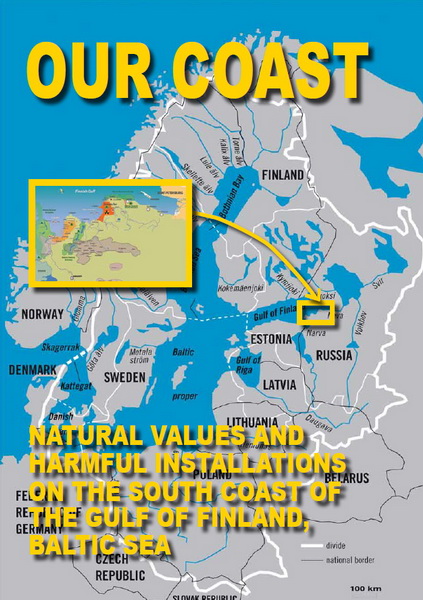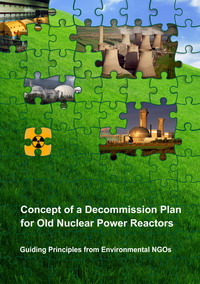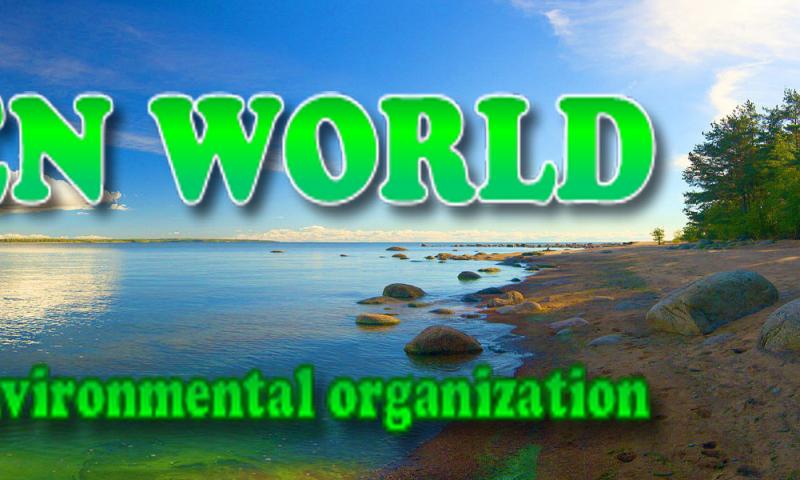Росатом продолжает поставки ядерного топлива для нужд мирового атомпрома ( http://www.atomic-energy.ru/news/2015/10/19/60545 ). Программа утилизации российского оружейного урана закончилась, а наработанные бизнес-схемы остались. Химичить на поставках топлива через Южную Корею атомщики начали ещё с середины 1990-х годов, когда по межправительственному соглашению половина поставок ядерного топлива оплачивалась корейцами деньгами, а другая половина товаром, который часто прокачивался через прикормленные фирмёшки. Так делали бизнес атомные дельцы. И, судя по тому, что не так давно в США был арестован сынок бывшего видного деятеля атомной промышленности СССР/России Микерина, видимо, ничего с тех пор принципиально не изменилось. Как атомные бизнесмены зарабатывали на поставках ядерного топлива за рубеж, можно почитать на Компромат.ру







